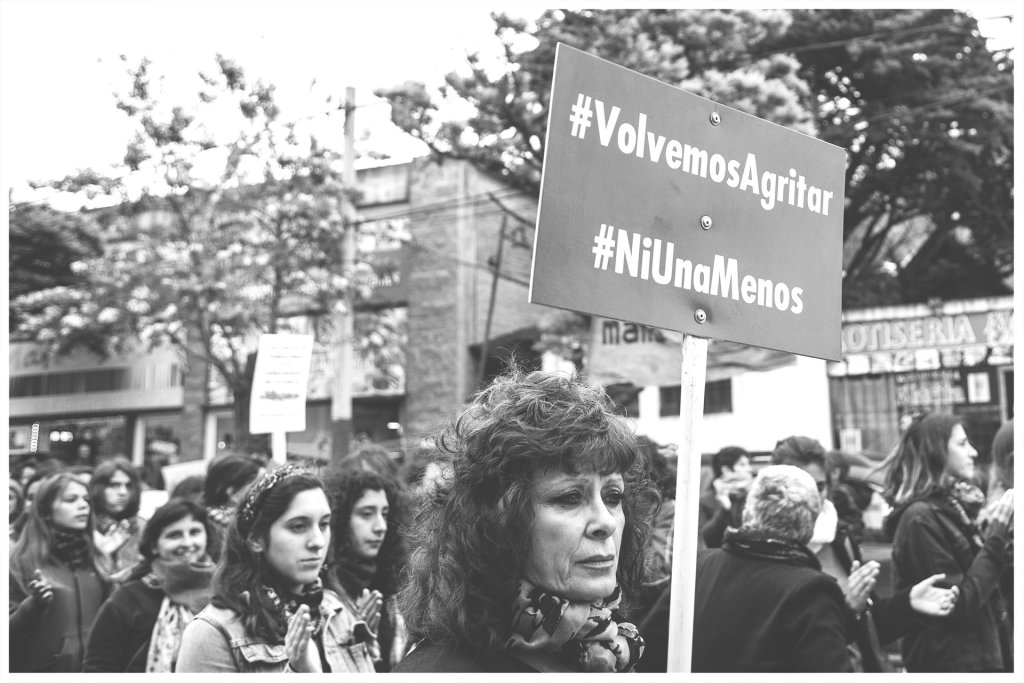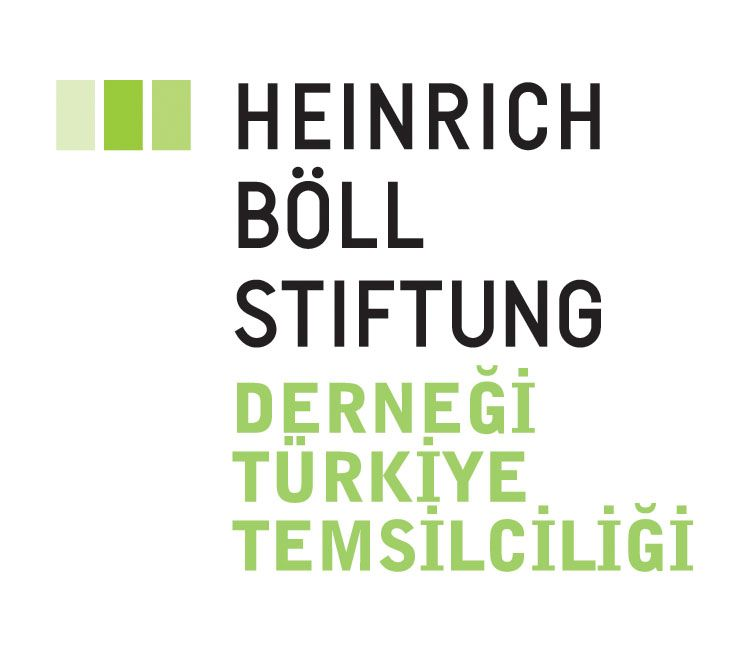
Gender in international relations and foreign policy is a relatively new but fast-developing research area in Turkey. The number of articles, books, and master and doctoral theses focusing on any aspect of the interaction between gender and international relations was minimal until about 2015. Nowadays, we can see many graduate students and academics focusing on how gender plays a role in international relations, conflict, and diplomacy. The lack of attention to the latter is even more surprising since the Ministry of Foreign Affairs of Turkey is among the country’s most -if not the first- gender-balanced Ministry. There are senior women diplomats at top positions, most of them directly dealing with security issues.
The reasons gender and foreign policy go understudied and not much talked about are clear. The atmosphere and nature of any security institution are not very gender friendly. The jobs diplomats do and what they think about their identities are not disclosed until retirement. Security and foreign policy areas are overburdened with male-driven norms, discourses, and policy practices.
Yet, gender is an intrinsic part of security issues. Like any other gender, women are affected by foreign policy decisions. Russia’s invasion of Ukraine and the looming food crisis affect women maybe even more so than men, since women are primary actor for putting food on the table. When there is no food, they will be the ones who must deal with feeding the children and the elderly, and the disabled. Women are players in international relations. Young women of Iran have shown the world that their desire to live on an equal footing with men and their demand for freedom is pushed back as violently as it would have happened to their male compatriots. The police killed many during the riots. The world is watching how their protests would affect the regime in Iran.
Yet we do not see women as decision-makers, strategists, or mediators during the Russian- Ukrainian crisis nor at any level of governance in Iran. While women are affected by international relations, they cannot affect international politics as men do. Feminist foreign policy comes to light at this point, requiring and demanding that women equally represented at all levels of foreign policy making, and that foreign policy includes, protect, and preserve women’s rights.
While the core of the feminist foreign policy is women’s representation and meaningful participation in decision-making and looking out for women’s rights in international politics, countries which have adopted it have fashioned different policies. France and Mexico, for instance, prioritized getting more women ambassadors in their foreign ministries. At the same time, Sweden and Canada interjected specific women’s rights supporting requirements for countries and projects that require their international aid. It depends on a country’s foreign policy bureaucracy and priorities regarding how that specific country would implement feminist foreign policy. In the Turkish case, as stated above, the MFA does not suffer from a gender imbalance. Women constituted 37 percent of the personnel and 27 percent of the ambassadors working abroad as of November 2021, according to our research with Barçın Yinanç. There is ample room for a Turkish feminist foreign policy, given the priorities of the Ministry.
The MFA has paid particular attention to mediation activities since around 2005. In 2010, Turkey launched the Mediation for Peace Initiative with Finland, then contributed to the formation of the Friends of the Mediation Groups within the UN and the Organization for Security and Cooperation in Europe (OSCE). A Contact Group of Friends of Mediation is also established within the Organization of Islamic Conference (OIC) to contribute to the capacity-building efforts for mediation at the OIC. Since 2012, Turkey has been hosting “Istanbul Conferences of Mediation.” There are many experienced women diplomats in the Turkish MFA, but not many of them are involved in the mediation efforts. Yet, research proves that when women are involved in mediation and peacebuilding, the likelihood of reaching an agreement, implementing the deal, and a long peace period increases. Statistical analysis of 182 peace agreements signed between 1989 and 2011 shows that when women participate in peace processes as negotiators, mediators, signatories, and witnesses, the likelihood of an agreement lasting at least 15 years increases by 35 percent. Therefore, getting more women diplomats on the negotiation tables might improve Turkish foreign policy’s mediation efforts.
One of the other top priorities of Turkish foreign policy is its humanitarian refugee policies. While Turkey boasts with its humanitarian treatment of refugees and asylum seekers in international forums, the different categories of international protection and refugee status for foreigners in Turkey are not gender-sensitive. There are references to women in the laws regulating the status of refugees and asylum seekers. Yet, the focus on ‘women’ is based on the term ‘vulnerability’ in both Law No. 6458 on Foreigners and International Protection (LFIP) and the Temporary Protection Law. Women are not considered equal members of society but as vulnerable beings with special needs who are likely to become victims. While this approach seems protective of women, it situates women on a lower level than other able members of society, opening them up to more exploitation.
Given that at least half of the refugees and asylum seekers who still reside in Turkey are women and girls, and their chances of leaving the country are slim, an integration policy that empowers women would be a positive step. A relief and recovery policy for women and girls who are systematically subject to gender-based violence, not one that only focuses on protecting the victims but punishes the perpetrators of violence, could easily be a policy agenda for Turkish policymakers. This type of policy agenda would also increase Turkey’s normative power.
Another subject of focus in Turkish foreign policy is NATO membership and military might. While feminists have reservations about women’s inclusion in the armed forces and various views on women’s participation in armed conflict, Turkey’s army, the second largest in NATO, has a tiny percentage of women’s participation. Moreover, as a member of the UN, NATO, and OSCE, Turkey participates in peacekeeping missions, which are proven to be more effective locally when women personnel are involved. During Turkey’s mission in Afghanistan, for instance, female gender advisors from the Turkish Armed Forces contributed to local projects, working with NATO staff to identify the needs of local women and girls. Yet this was the only example of Turkish personnel working as the Gender Focal Point, as we know. Given the locals’ positive reaction to the Turkish participation in the NATO mission in Afghanistan at the time, incorporating the gender perspective within the Turkish Armed Forces and composing Gender Focal Points for international engagements could be a favorable policy position for Turkish decision-makers.
International aid is the last area of policy into which the Turkish foreign policy decision-makers can interject the gender issue. Turkey is a rising donor and humanitarian actor globally, and the foreign policy establishment takes pride in its Humanitarian Aid and Assistance (HAA). Turkey presents itself as the ‘world’s conscience’ and ‘a unique humanitarian actor on the global level’, and claims to develop a Turkish humanitarian aid model in portraying the women that it helps (victims rather than able actors). The fact that it has no gender equality and human rights perspective is problematic. Yet, incorporating a human rights perspective and a gender-sensitive outlook for the big budgets spent on humanitarian development assistance would be a vital step for Turkey which strives for regional power, not only militarily but also normatively.
A feminist foreign policy that takes gender equality into its core in priority areas of Turkish foreign policy is a possible and beneficial step for Turkey. The current political climate and the extreme politicization of the gender issue, especially since the discussions about withdrawal from the Istanbul Convention started in 2019, make a feminist foreign policy approach, for now, a dream. Yet, human rights defenders and politicians are known to be visionaries with dreams, and a feminist foreign policy, now a global topic we talk about, was not on the agenda of the world up until 2014. It has been conceptualized and put into action through the efforts of a determined group of civil society actors and politicians in the past 25 years. Therefore, a feminist foreign policy for Turkey’s future is also possible, especially since so much has already been done to increase the awareness through civil society initiatives such as Women in Foreign Policy Initiative.

Prof. Dr. Zeynep Alemdar is the Dean of the Faculty of Business and Management Sciences and the head of the Center for Gender Studies at Istanbul Okan University. Her academic work covers civil society in Turkey, the European Union, human rights, democratization, gender and Women’s Peace Security. Having served on the editorial boards of International Studies Perspectives and Turkish Policy Quarterly, Alemdar was a visiting professor at the Mark O. Hatfield School of Government at Portland State University and the Center for Turkish Studies. She has been selected as a fellow of the Euro-Atlantic Security Initiative as one of the 4 leaders under the age of 40 in the Leaders Program. She is currently a senior member and board member of the European Leadership Network. In 2014, she established the Women in Foreign Policy Initiative in order to encourage young women on security and foreign policy issues. She received her BA from Galatasaray University in Economics, her MA from the Patterson School of Diplomacy at the University of Kentucky, and her PhD from the University of Kentucky Political Science.
To cite this work: Zeynep Alemdar, ” Promoting feminist foreign policy as an approach in Turkey”, Panorama, Online, 10 January 2023, https://www.uikpanorama.com/blog/2023/01/10/za/

This article has been prepared with the support provided to the International Relations Council and the Global Academy by the Heinrich Böll Stiftung Association Turkey Representative within the scope of the project titled ‘Foreign Policy for the 21st Century; Peaceful, Equitable, and Dynamic Turkey’.
Copyright@UIKPanorama. All on-line and print rights reserved. Opinions expressed in works published by the Panorama belongs to the authors alone unless otherwise stated, and do not imply endorsement by the IRCT, Global Academy, or the Editors/Editorial Board of Panorama.


